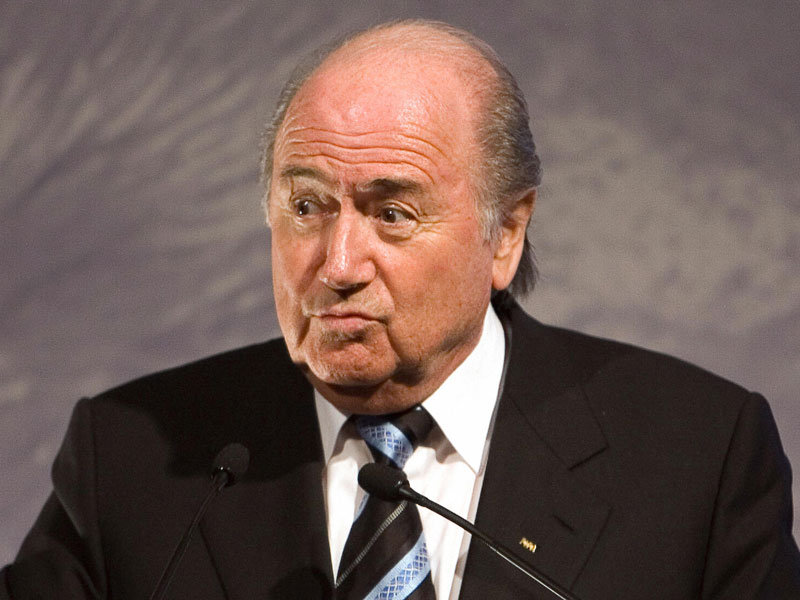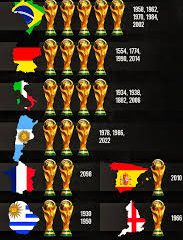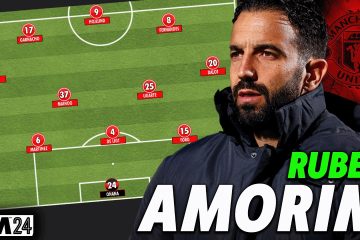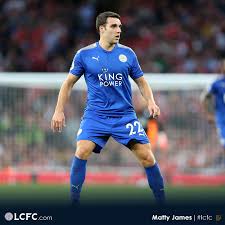The Role and Responsibilities of the FIFA President

Introduction to FIFA Presidency
The position of FIFA President holds significant weight in global football, overseeing the sport’s regulation and development at an international level. This role is not only pivotal for governance within FIFA but also impacts millions of players and fans worldwide. Recently, discussions about the current president and the future of FIFA have gained traction, particularly in light of upcoming events and ongoing reforms.
Current FIFA President
As of now, Gianni Infantino has been serving as the FIFA President since February 2016. His leadership has seen FIFA through various key initiatives, including expanding the World Cup and focusing on developing football in underrepresented regions. Infantino’s tenure has not come without controversy, however, as he has faced criticism regarding governance issues and the management of FIFA’s financial dealings.
Recent Developments in FIFA Leadership
In September 2023, FIFA hosted a congress in Zurich where various topics concerning football governance were discussed, including the upcoming 2026 World Cup, which will be co-hosted by the USA, Canada, and Mexico. The congress emphasized a push for transparency and integrity within the organisation, with the FIFA President reiterating the importance of accountability in all FIFA operations. Additionally, Infantino announced new initiatives aimed at promoting women’s football globally, addressing existing disparities in investment and exposure.
Looking Ahead
The role of FIFA President will continue to evolve as the organisation adapts to the changing landscape of global football, especially with the introduction of new technologies and formats in tournaments. As FIFA gears up for the next World Cup, the decisions made now will likely shape football for generations. Sports analysts predict that the leadership qualities of the president will be crucial in navigating issues such as player welfare, fan engagement, and the ethical implications of sponsorships and partnerships.
Conclusion
The FIFA President plays an instrumental role in not only shaping the future of the sport but also in addressing the challenges faced by the global football community. As fans and stakeholders await further developments from FIFA, it is vital to stay informed about how the decisions made at the top will affect the grassroots of football around the world. With ongoing reforms and a focus on integrity, the next few years could mark a transformative era for FIFA and the football industry as a whole.









